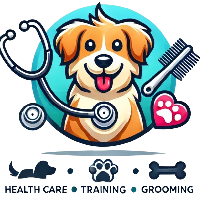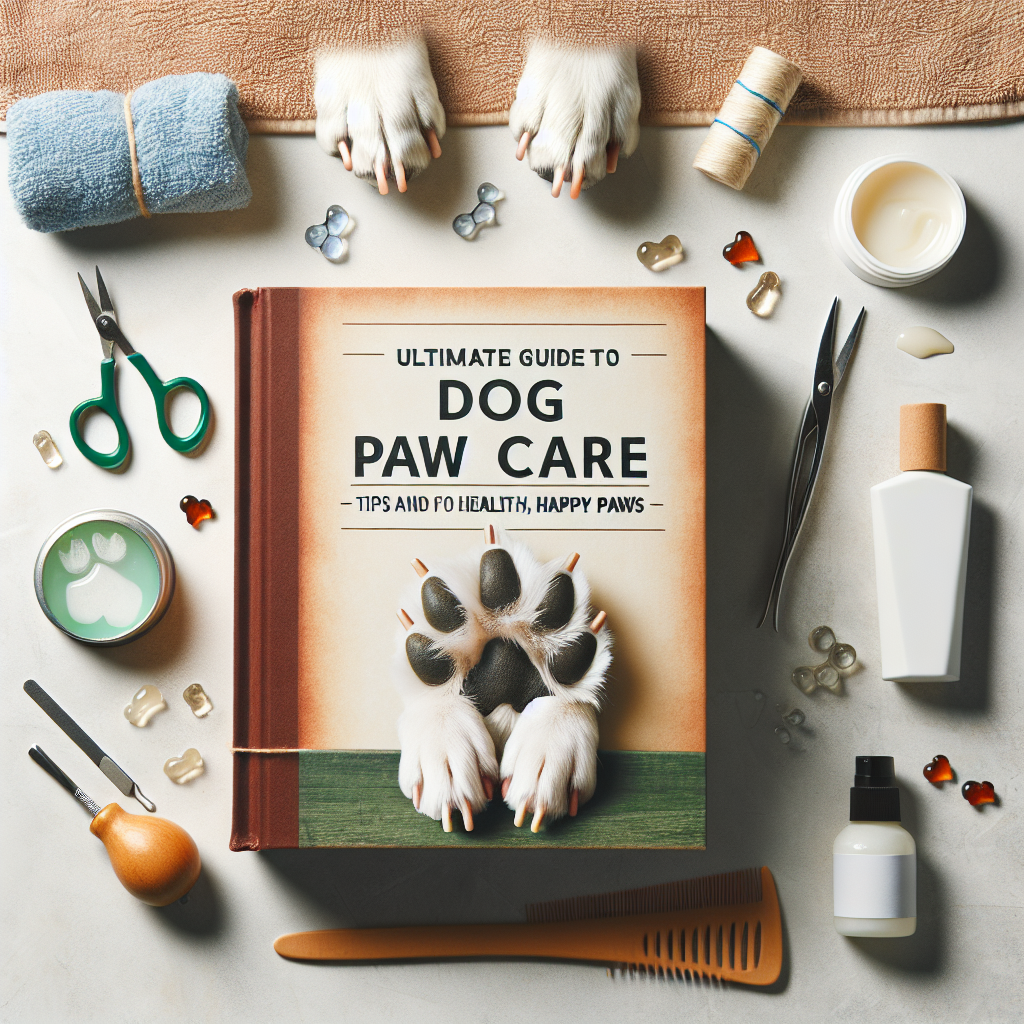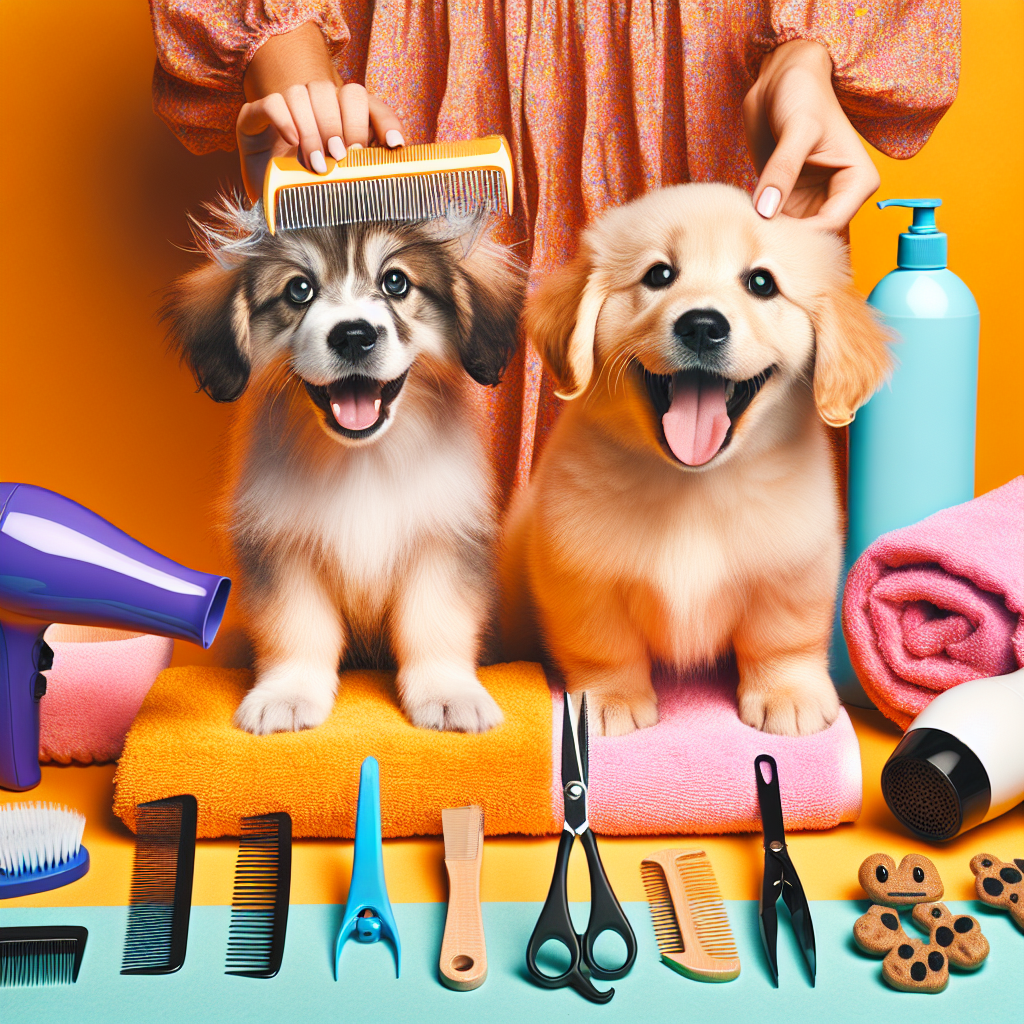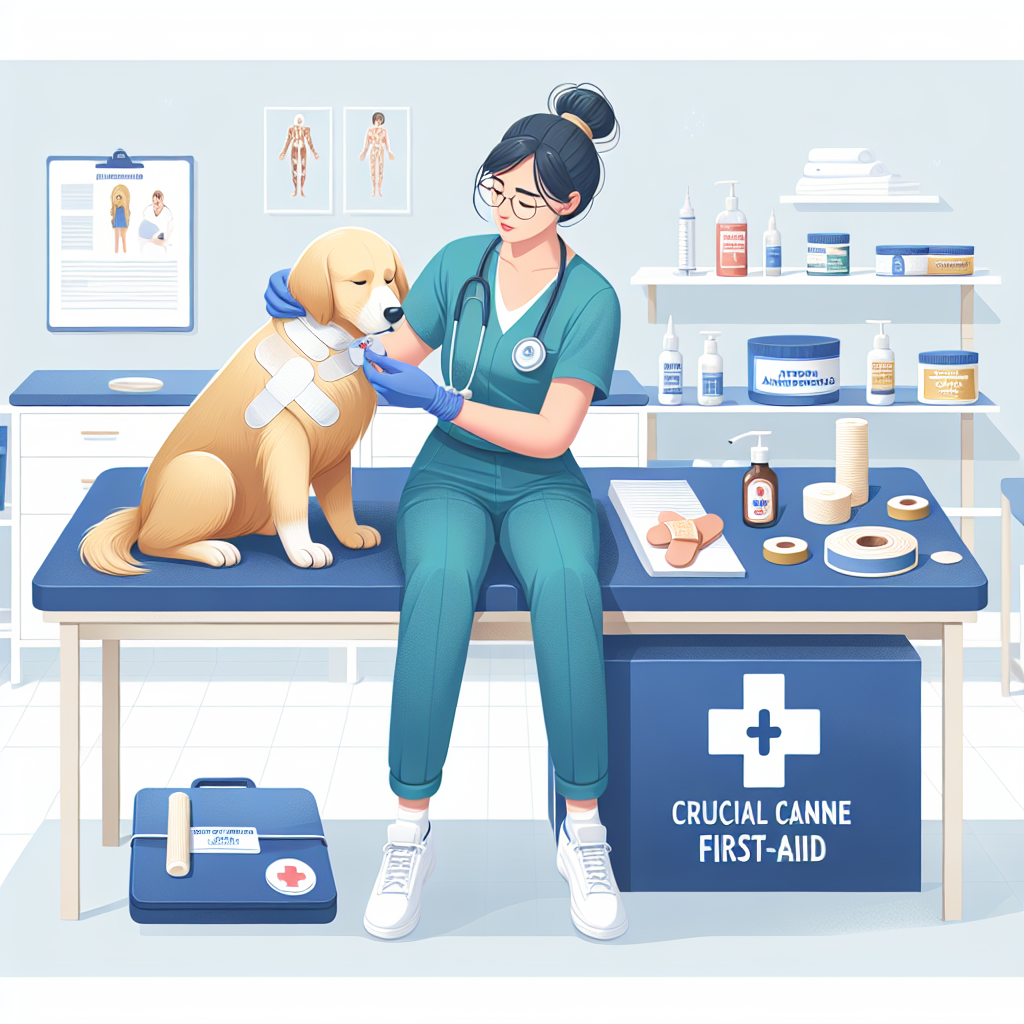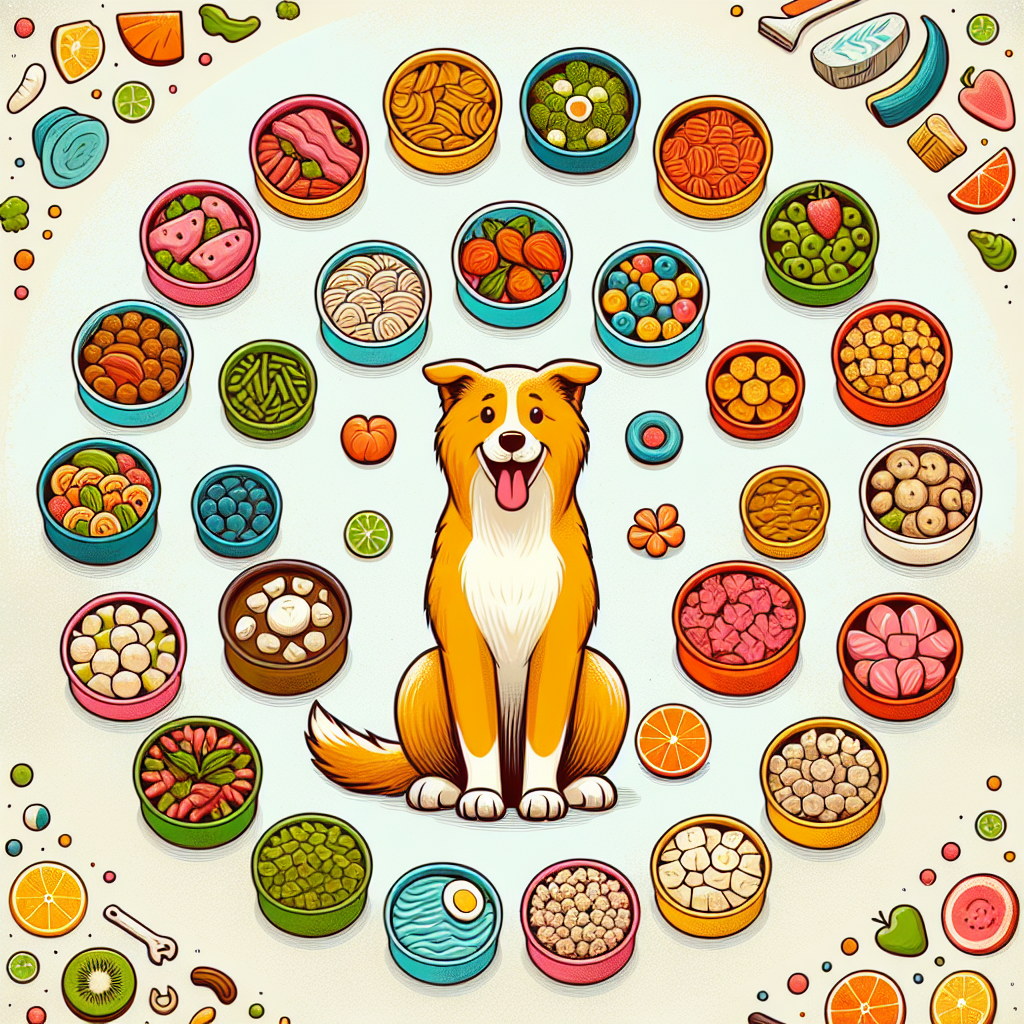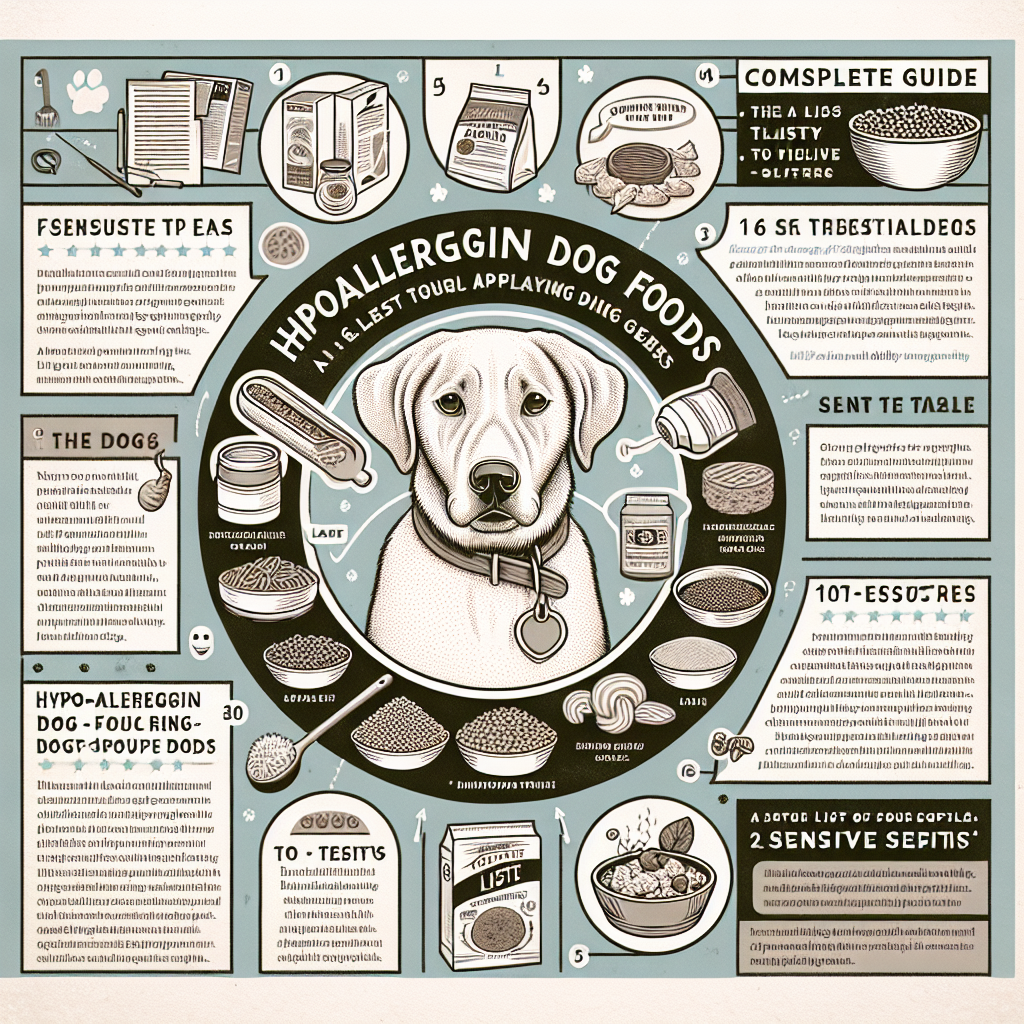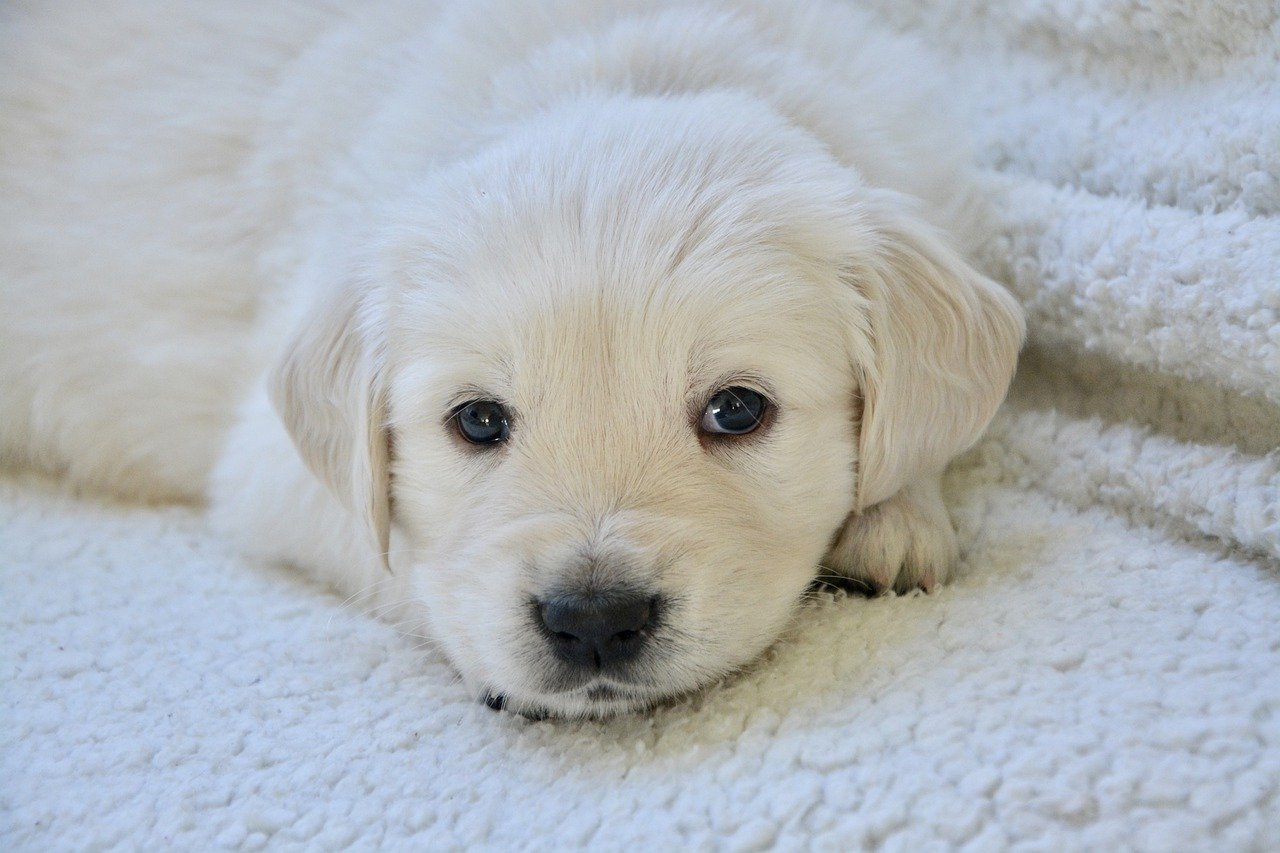
Dogs are more than just pets; they are family. As responsible pet owners, ensuring the health and well-being of our furry friends includes more than just feeding and exercise. One crucial aspect of their overall well-being is maintaining the health and shine of their coat. A dog’s coat is not just an aesthetic feature; it is also a reflection of their overall health. Here are the top 7 expert tips for dog coat maintenance. By incorporating these practices, you can keep your canine’s fur in top-notch condition, ensuring they look and feel their best.
1. Regular Grooming: The Foundation of a Healthy Coat
Brushing
Regular grooming is essential in maintaining a healthy and shiny coat. Brushing your dog’s fur helps remove dirt, debris, and loose hairs, thereby preventing matting and tangling. It also aids in the distribution of natural oils produced by the skin, which keeps the coat glossy.
Different Breeds, Different Needs: Different breeds require different grooming frequencies and tools. For example, short-haired breeds might only need brushing once a week with a bristle brush, while long-haired breeds like Golden Retrievers might need daily brushing with a slicker brush or a pin brush.
Bathing
Bathing should be done regularly but not excessively. Over-bathing can strip the coat of its natural oils, leaving it dry and prone to damage. Use a high-quality, dog-specific shampoo and conditioner that matches your dog’s coat type. For instance, if your dog has sensitive skin, opt for a hypoallergenic shampoo.
Frequency: Generally, a bath once every 4-6 weeks suffices for most breeds, but dogs with oily coats might require more frequent baths. Always rinse thoroughly to ensure no soap remains, as it can cause irritation.
Haircuts
For dogs with continuously growing hair, regular trims are necessary. Professional grooming can ensure the dog’s coat is cut evenly and appropriately for the breed. However, with some training, you can also trim your dog’s fur at home using the right tools.
2. Balanced Nutrition: Feed for a Fabulous Fur
The condition of your dog’s coat is often a mirror of their diet. Providing a balanced and nutritious diet is vital for a healthy, shiny coat.
High-Quality Proteins
Protein is a crucial component of a dog’s diet as it supports the growth and repair of tissues, including hair. Make sure your dog’s food contains high-quality animal proteins such as chicken, beef, fish, or eggs.
Omega-3 and Omega-6 Fatty Acids
Fatty acids play a significant role in the health of your dog’s skin and coat. Omega-3 and Omega-6 fatty acids can be found in fish oil, flaxseed oil, and certain quality dog foods. These fatty acids help reduce inflammation and promote a shiny, soft coat.
Vitamins and Minerals
Ensure your dog gets adequate levels of vitamins and minerals. Vitamins A and E are particularly beneficial for skin and coat health. Minerals like zinc and selenium are also vital. If necessary, consider supplements, but always consult your vet before adding any new supplements to your dog’s diet.
Water
Hydration is essential for maintaining healthy skin and fur. Ensure your dog has constant access to fresh water. Dry skin and fur can often be a sign of dehydration.
3. Regular Vet Check-Ups: Monitor and Maintain
Regular veterinary check-ups are crucial for detecting underlying health issues that can affect your dog’s coat. Conditions such as thyroid imbalances, allergies, and skin infections can result in a dull, unhealthy coat.
Infections and Parasite Control
Parasitic infestations like fleas, ticks, and mites can cause significant coat problems. Regularly use parasite control methods recommended by your vet to keep your dog’s coat free from these pests.
Allergies
Dogs can suffer from allergies to food, pollens, or environmental factors, which can affect their skin and coat. If you notice persistent itching, redness, or hair loss, consult your vet to identify and manage these allergies properly.
Thyroid and Hormonal Issues
Hypothyroidism and other hormonal problems can lead to a dry, brittle coat or hair loss. Regular blood tests can help diagnose and manage these conditions effectively.
4. Proper Hydration: The Unsung Hero of Coat Health
Hydration is often overlooked but is incredibly vital for your dog’s coat health. Just like humans, dogs require adequate water intake to maintain their skin and fur.
Daily Water Intake
Make sure your dog has access to fresh water at all times. A general rule is that a dog should drink about one ounce of water per pound of body weight daily. This can vary based on activity levels and diet.
Moisture-Rich Foods
Incorporate moisture-rich foods into your dog’s diet. Wet food or adding water to dry kibble can help increase your dog’s water intake, especially if they are not big drinkers.
Monitoring Hydration
Check for signs of dehydration such as dry gums, lethargy, and excessive panting. Maintaining proper hydration helps keep the skin supple and the coat shiny.
5. Environmental Factors: Shield Your Dog’s Coat
External factors can significantly influence the health of your dog’s coat. Being mindful of these and taking appropriate measures can help maintain a healthy coat.
Weather Conditions
Extreme weather can adversely affect your dog’s coat. In winter, the cold can dry out their skin, while in summer, excessive sun exposure can damage the fur. Use protective measures such as dog-friendly sunscreen or dog coats tailored to the weather conditions.
Humidity Levels
Low humidity levels can dry out your dog’s skin and coat. Using a humidifier indoors during dry seasons can help maintain adequate skin moisture.
Clean Living Environment
Regularly clean your dog’s bedding, toys, and living area to reduce exposure to dirt, bacteria, and allergens. This helps prevent skin infections and promotes a healthier coat.
6. Stress Management: Calm Dog, Healthy Coat
Stress and anxiety can negatively impact your dog’s overall health, including the condition of their coat.
Identifying Stress
Identifying signs of stress is the first step. Symptoms can include excessive licking, scratching, and shedding. Behavioral changes like aggression or withdrawal can also indicate stress.
Stress Reduction Techniques
Engage your dog in regular exercise and mental stimulation to keep them relaxed and happy. Activities like walks, playtime, and training sessions can help. Providing a secure and comfortable living environment is also crucial.
Supplements and Solutions
In some cases, calming supplements or pheromone diffusers can help manage stress. Always discuss with your vet before introducing any new products.
7. Special Treatments: Enhance Coat Health
Special treatments and products tailored to coat care can provide that extra boost to maintain a luxurious fur.
Leave-In Conditioners
Leave-in conditioners designed for dogs can be a great addition to your dog’s grooming routine. They help maintain moisture in the coat and add an extra layer of protection against environmental factors.
Coconut Oil
Applying coconut oil to your dog’s coat can provide profound moisturizing benefits. It’s also safe if ingested in small quantities, so if your dog licks it, there’s no harm.
Herbal and Natural Remedies
Natural remedies like oatmeal baths and aloe vera can soothe the skin and improve the coat’s texture and shine. These are especially beneficial for dogs with sensitive or irritated skin.
Professional Treatments
Consider occasional professional treatments like grooming sprays, and deep-conditioning baths. Professional groomers have access to high-quality products and their expertise can significantly benefit your dog’s coat.
Conclusion
Maintaining a healthy and shiny coat for your dog involves a combination of regular grooming, balanced nutrition, proper hydration, and attentive care to environmental and health factors. By following these expert tips, you are not only ensuring that your dog looks their best but also supporting their overall well-being. Regular vet check-ups, stress management, and specialized treatments can provide that extra edge in keeping your canine’s fur in pristine condition. Remember, a well-cared-for coat reflects a healthy, happy dog, and what better way to show your love and care for your four-legged friend?
#ChatGPT assisted in the creation of this article.
